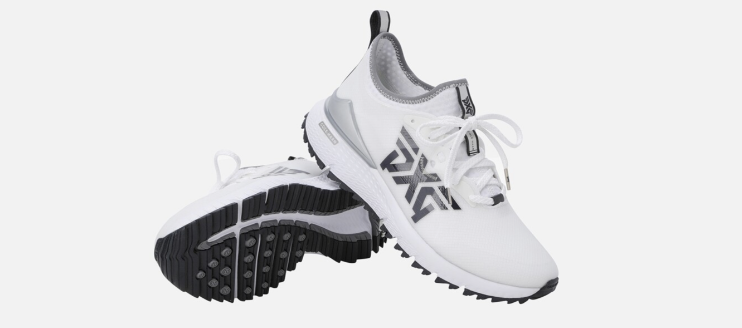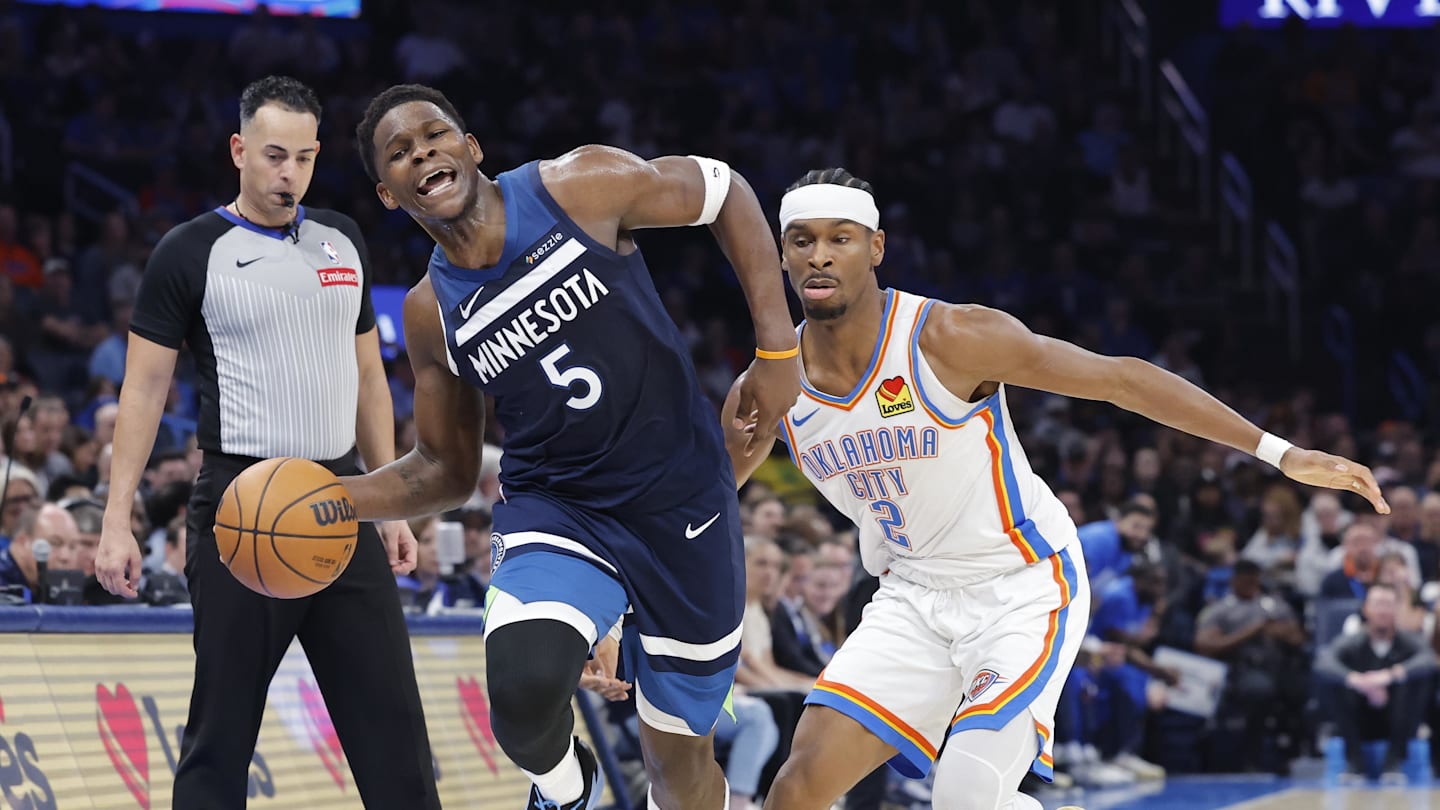We were so poor, the council gave us shoes. I know all about sore feet

Margaret Dabbs has dedicated most of her working life to soothing foot pain. After all, the entrepreneur behind the eponymous skincare brand knows what her customers are going through.
Her family were so poor when she was growing up that her father couldn’t afford to buy her a pair of shoes. Dabbs’s feet were beset with problems because the shoes she was given by the council rarely fitted.
Now she has plenty of comfortable shoes and is focused on helping her customers deal with their own foot ailments. The 59-year-old recently started selling her first electric foot bath after concluding that alternatives on the market didn’t offer any space to store essential luxuries. “I’d have my foot scrub and my foot soak [powder] and I’m like, ‘Where am I going to put them?’ So I made a tray to put products on.” The foot spa, which sells for £390, even has a holder for a glass of champagne.
The Margaret Dabbs clinic in Belgravia, London
VICKI COUCHMAN FOR THE SUNDAY TIMES
Margaret Dabbs London operates seven clinics in the capital, as well as outposts in Cheltenham, Harrogate, Alderley Edge near Manchester, Guildford and Glasgow. Dabbs also has two clinics in the UAE, one in Singapore and another in Spain. She said she sells thousands of gift vouchers in the run-up to Christmas.
Dabbs has clients who have been coming ever since 1998, when she opened her first practice in a Harley Street consulting room in London’s West End. She decided to open it after noticing a gap in the market for a service that combined functional podiatry with beauty treatments.
The combination of that loyal customer base and a celebrity clientele — including Hollywood actress Jessica Alba, TV presenter Emma Willis and celebrity chef Jamie Oliver — endorsing her products and services on social media have helped Dabbs build a thriving business. Last year, the company, which employs 100 people, made a pre-tax profit of £1.9 million on sales of £10.9 million. Her products are sold in 54 countries.
• ‘Toe yoga’ and why you shouldn’t forget to look after your feet
The Hollywood actress Jessica Alba is among Dabbs’s celebrity clientele
GETTY IMAGES
Success has been hard earned. The entrepreneur said she’s had a fighting spirit since she was born prematurely, as an identical twin. Her sister didn’t survive and Dabbs’s mother died when she was only nine, forcing her father to give up work to look after his four children. As the second eldest, Dabbs would help keep the rest of them in check.
With little in the way of state support, she and her siblings lived in hand-me-down clothes and survived on free school meals. In winter, ice formed on the inside of the windows of their east London home because the family couldn’t afford to heat it.
Dabbs explained that she has been very “guarded” in the past about her upbringing. “I’m fiercely private so I haven’t ever given much away,” she said. “Coming from a disadvantaged background, I saw it as an embarrassment and thought I would be judged negatively.” She suffered, though, from numerous foot-related ailments. Growing up in a cold house left her nursing small, itchy patches of inflamed skin known as chilblains. Her ill-fitting second-hand shoes caused other issues.
“We didn’t have access to new shoes, and so once a year the council would provide us with shoes. If there was a pair that were not as gross as the others, I chose them. It didn’t matter what size they were, so I was often in shoes that were too tight.”
Dabbs married at the age of 20 and had two children, now aged 32 and 29. She juggled family life with a job on Harley Street as a private medical secretary for a surgeon, and also found time to study podiatry. When she opened her first practice, she looked to combine her growing expertise in foot care with her own painfully acquired knowledge of the subject to treat ailments including bunions, hard skin and stiff toe joints, as well as to offer beauty treatments.
Dabbs remortgaged her home several times to finance the company. “So many people say to me, ‘I’ve got this great idea — do you know an investor?’ And I think, ‘Well, if you don’t back yourself, why should anyone else?’ I really believed in what I was doing, so I raised money with my mortgage and I’d go to bed praying that there would be money in the bank to pay the bills each month,” she recalled. “It was not for the faint-hearted.”
Dabbs receiving her OBE from the Princess Royal at Windsor Castle last year
ALAMY
Despite not spending any money on marketing, Dabbs grew the business steadily as recommendations spread by word of mouth. In 2007, she was approached by Harrods to open a clinic on the fifth floor of its flagship store in London. The following year, she remortgaged the family home to free up £75,000 to invest in opening her first high street clinic in Marylebone in central London. Given that it opened in the teeth of the financial crisis, the move carried plenty of risk.
“[It was] when all the bankers had lost their jobs and I just saw the sympathy on everyone’s faces, thinking, ‘What have you done?’ ” Dabbs recalled. One of her podiatrists expressed her concerns out loud. “She said, ‘Why are you doing this? It’s mad.’ About five years later, she told me, ‘Thank God you didn’t listen to me.’ ”
• Barefoot chic! Why celebrities are going shoeless
Dabbs remortgaged again soon after to launch her own range of foot products, sourcing ingredients from Australia — which was “light years ahead’ in skincare — and mixing them with aqueous creams in her own clinics. She had only intended for them to be used in her clinics but eventually found that retailers including Liberty, Harrods, John Lewis and Space NK were asking to stock them.
The range, which now contains more than 90 products, has expanded to encompass hand creams and leg scrub, all made and packaged in the UK. Dabbs said she had been “underestimated” by other players in the industry — “but I think that gives you a really good starting point because no one sees you coming,” she smiled.
VICKI COUCHMAN FOR THE SUNDAY TIMES
Her products are also now sold in luxury spas around the world. Exports account for about a third of sales.
In 2020, just before the onset of the pandemic, Dabbs sold a 30 per cent stake in her company to the Singapore-based investor Best World International. She is understood to have made millions from the deal.
“The reason I did it is that when you own your own business, you put everything into it. You barely take a salary. We were profitable but there was never any money in the bank account because it went straight back into the business. So [the deal] gave me security. It meant I could relax and take family holidays,” said Dabbs, who also spent some of the money renovating her London home. “My house was falling down because I’d never spent a penny on it.”
• How to do an at-home pedicure
She had originally intended to sell the whole business, before realising there was a middle ground that offered her financial security but also a large degree of autonomy in how she ran the brand. “[My investors] have been great. I’ve been very lucky because I know not everybody’s got such a great story. They trust me implicitly — I still run the business completely.”
Dabbs is aiming to grow sales by more than fivefold to £60 million by 2027. She plans to hit these ambitious targets by opening new clinics, building online sales through new website launches in the US and the EU, and through a new contract to sell products in 500 stores across Saudi Arabia.
She attributes her success to building a team who share her values and her work ethic — Coldplay song The Scientist (featuring the lyric “Nobody said it was easy”) and Rihanna’s hit single Work are both company anthems — and to an early recognition that profitability is the name of the game. “You’ve only got a business if you’re spending less than you’re bringing in. You can’t sell products that are making a loss. And I think my background, and being a mother and funding everything myself, [meant] I picked that up really early.”
Dabbs added: “There are still a lot of beauty brands that are not bringing in a profit. I remember one year, in particular, when we were really struggling, and I decided I wasn’t going to spend a penny on marketing unless it brought in customers and money. For a year we did that and we turned it around. As an entrepreneur, you see lots of opportunities — but you have to learn to focus.”
High Five
My hero … is my dad. He took on the four of us when my mum died and there aren’t many men who would have done that. He made us believe we could do anything.
My best decision … was to open the first clinic on Marylebone High Street. Taking a high street presence was a massive risk — it cost £33,000 a year, which was a lot in 2008 — but it gave us accessibility and visibility.
My worst decision … was to hire someone a long time ago who suggested to others that they work together to sideline me [and] to run the business [themselves]. The response was: “What do you mean? Margaret is the business.”
Funniest moment … We had a pop-up in Boots on Oxford Street not long after we launched the products. We [put] the stands and the products on the top of my little Volkswagen Beetle, with me driving and two colleagues hanging out of the windows to hold on to it all as we drove the half a mile from Marylebone.
Best business tip … Listen to everyone. I make the decisions but I listen to everyone first. Then believe in yourself and go for it.
link









